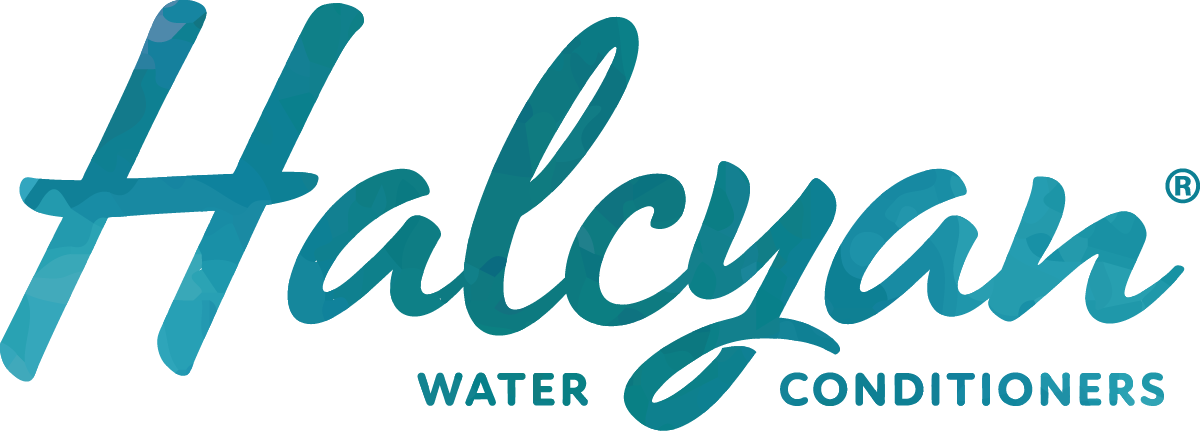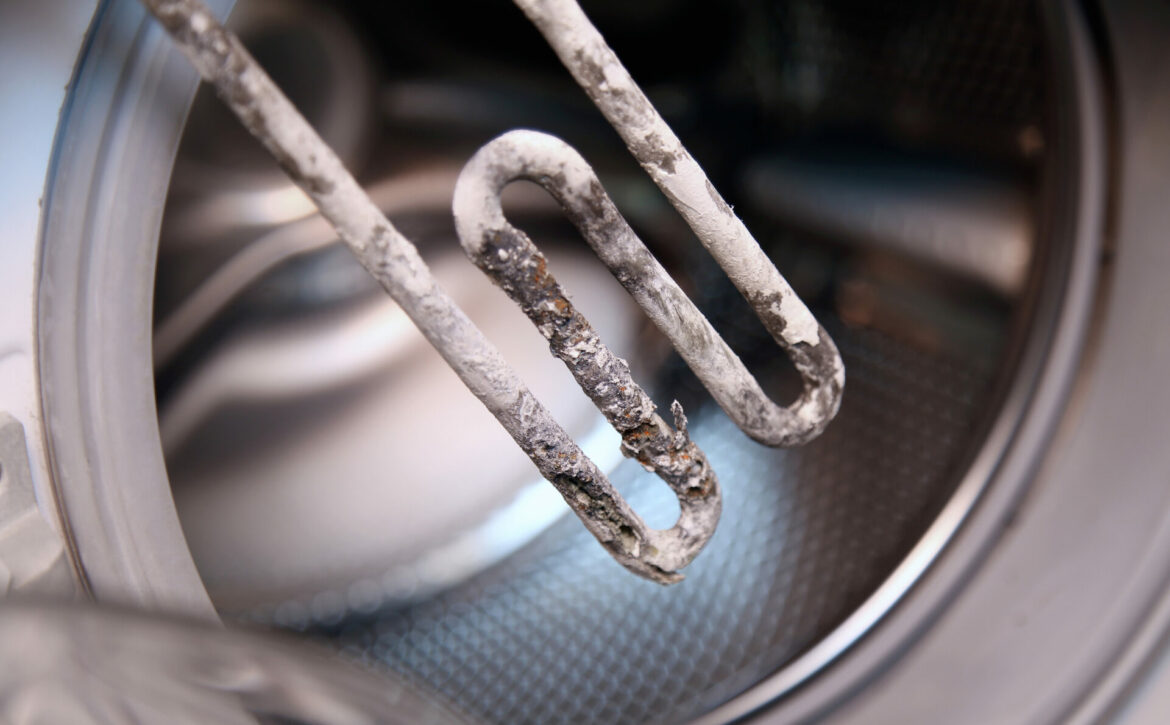Why Does Limescale Reduce Appliance Efficiency?
Limescale is a common problem in many households and affects around 60% of the UK. It can cause a variety of problems, from damaged fixtures and fittings to the premature breakdown of expensive appliances. But why does limescale reduce efficiency? In this blog post, we’ll explore the causes and effects of limescale on appliance efficiency.
What is Limescale?
Limescale is a hard, chalky deposit that forms when calcium and magnesium precipitate out of hard water and bond to surfaces. It often appears as a white or grayish-white coating on surfaces such as taps, showerheads, pipes and on the heating element of your kettle. Over time, limescale can build up and become difficult to clean, and the longer it’s left the harder it is to remove.
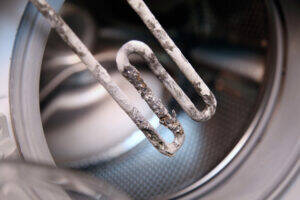
How Does Limescale Reduce Efficiency?
Limescale reduces efficiency in two main ways: by blocking water flow and by reducing heat transfer.
When limescale builds up inside pipes or appliances it restricts the flow of water. If you’ve ever had a shower head clogged with limescale, you’ll know how frustrating this can be and how often you have to clean it to maintain the optimum flow of water.
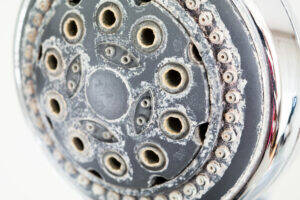
Limescale also reduces the flow of heat which means it takes a lot more energy to heat the water surrounding a heating element which is covered in limescale. This reduces the energy efficiency of water-heating appliances such as washing machines, dishwashers, and boilers, and energy bills are significantly higher as a result.
Limescale also reduces the lifespan of water-bearing appliances by causing corrosion and additional wear on internal components, so you can expect to replace your expensive household items up to twice as often.
How Can You Prevent Limescale Build-Up?
The best way to prevent limescale build-up is to treat hard water as it enters your home. There are various hard water treatment products on the market, from salt softeners to water conditioners. They help keep your appliances running more efficiently and for longer without needing expensive repairs or replacements due to limescale damage.
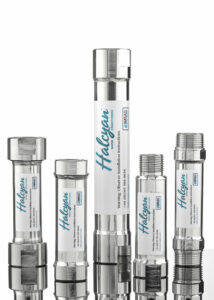
While salt softeners are a traditional solution to the problem of limescale, they require ongoing maintenance and regular topping up of salt. If you’re looking for a passive, sustainable and eco-friendly means of treating your hard water, a water conditioner such as the Halcyan is a good choice. You can read more about your options in our no-nonsense guide to water conditioners and water softeners here.
Conclusion
Limescale can be a major problem for households which are supplied with hard water. Not only does it cause unsightly deposits on surfaces, but it can also reduce the efficiency of appliances over time due to blocked water flow and reduced heat transfer capabilities, leading to higher energy bills and premature appliance failure. The most sustainable way to prevent this issue is to install a water conditioner in your home.
Why not take a look at our testimonials and discover why Halcyan is THE solution for sustainable hard water treatment in the home.
Learn More